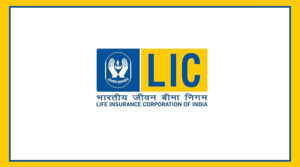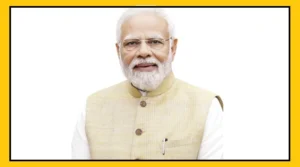The annual rise in health insurance premiums may soon become more manageable. The government has proposed several measures to control these increases.
These include limiting agent commissions to 20% and regulating hospital treatment package rates.
These proposals have already been submitted to IRDAI, and a final decision is awaited.
In a recent meeting, the Finance Ministry discussed the issue with insurance company CEOs, major hospital owners, and IRDAI officials.
They expressed concern over the frequent, arbitrary rise in health insurance premiums.
A report had claimed that India’s medical inflation reached 11.5%, the highest in the world.
The government clarified that this claim is not fully correct and that steps are being taken to reduce medical inflation.
Three Ways the Government Plans to Reduce Medical Inflation
Limited Premium Increases
Annual premium hikes will be capped. Insurance companies will no longer be allowed to increase health insurance premiums without clear justification.
Lower Agent Commissions
Agent commissions on new health insurance policies will be restricted to a maximum of 20%. On renewals, commissions cannot exceed 10%.
More Transparency
Every claim, hospital bill, and discharge summary must be fully transparent. Hospitals and insurance companies will not be allowed to jointly set inflated package rates.
National Health Claims Exchange Will Be Introduced
Many hospitals opposed the government’s proposals, claiming that their profit margins are already low.
They also said that while insurance companies increase premiums, they hesitate to pay claims.
A Finance Ministry official responded that this is why the National Health Claims Exchange is being developed.
This digital platform will ensure transparency and faster claim processing.
Medical Inflation and Rising Premiums
Medical inflation in India has reached 11.5%, meaning healthcare costs are rising at this rate every year—one of the highest globally.
Health insurance premiums have increased by 25% in a single year. Since 2021–22, after COVID, the cost of health insurance has been rising rapidly.
What Is Health Insurance and Why Do You Need It?
Health insurance is an agreement between an individual and an insurance company. The insurer pays your medical expenses in case of illness, accident, or injury.
It covers hospitalization, medicines, tests, doctor consultations, and ambulance charges. In return, you pay a yearly premium.
Rising medical costs mean that one medical emergency can drain your savings. This makes health insurance essential.
Benefits of Having Health Insurance
Increasing lifestyle diseases:
Poor sleep, junk food, and lack of exercise have caused diabetes, heart problems, and high BP to become common even among people in their 20s and 30s.
Rising medical expenses:
Treatment costs have doubled. A surgery that cost ₹2 lakh earlier now costs ₹5–7 lakh.
. Access to good hospitals:
With insurance, you can choose a quality hospital without worrying about money.
Immediate emergency treatment:
In emergencies like heart attacks, cashless admission helps the patient receive treatment immediately without arranging large sums.
How to Ensure Your Health Insurance Claim Is Not Rejected
To avoid claim rejection, keep the following points in mind:
Read your policy’s terms and conditions thoroughly.
Provide accurate health details while buying a policy.
Do not hide smoking, drinking habits, or any past illnesses.
If you have pre-existing conditions, be honest—premiums may increase but your claim will stay valid.
Inform your insurance provider immediately when hospitalization occurs.
Renew your policy on time every year.
What Is the Right Age to Buy Health Insurance?
Financial expert Rajasekhar says that premiums depend on age and health. Buying insurance at a younger age is better because premiums are lower. As you age, health risks increase, leading to higher premiums.

























